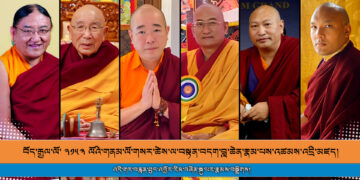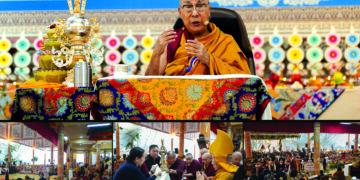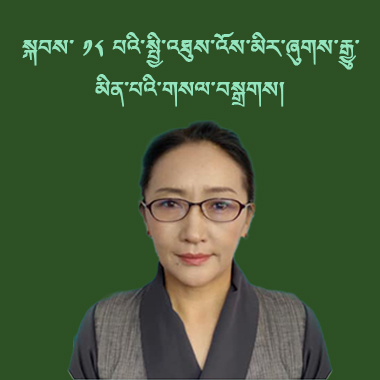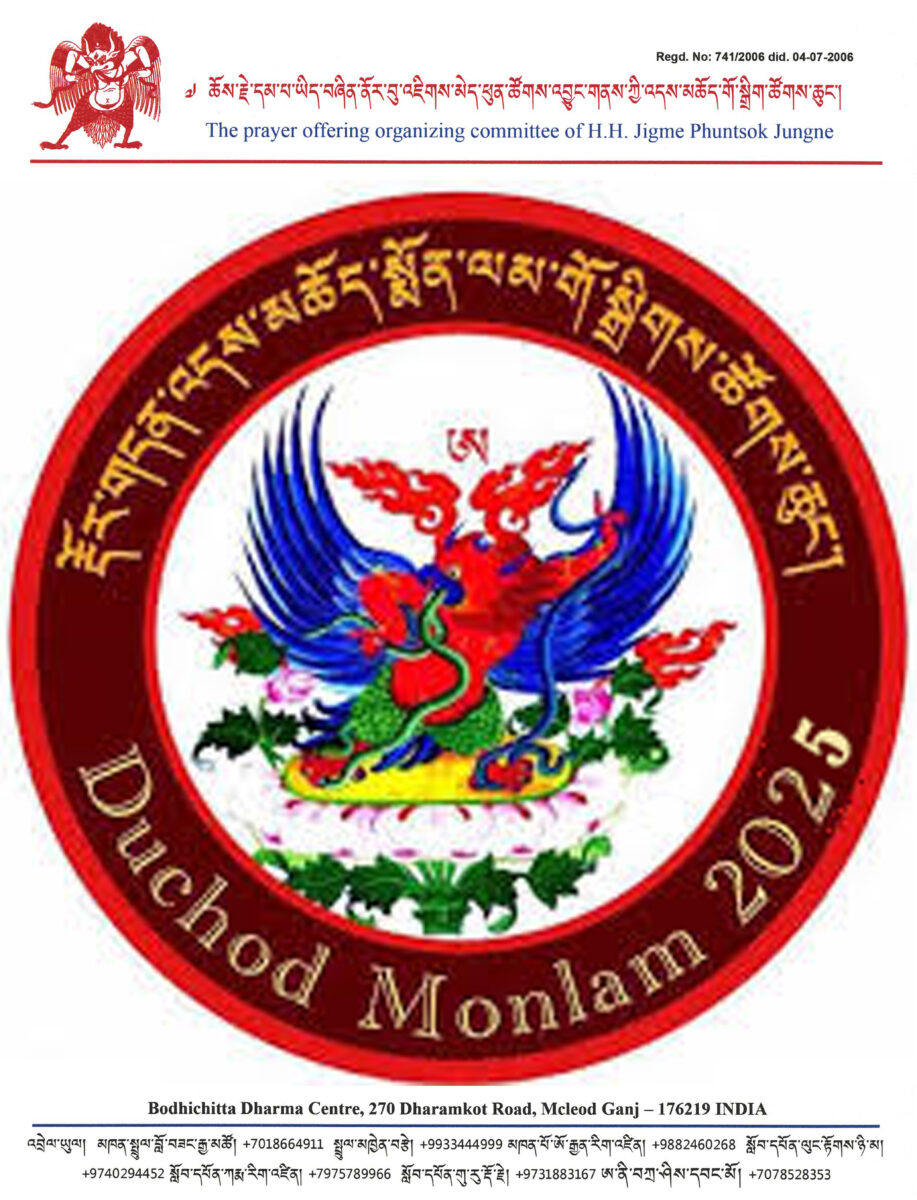ANNOUNCEMENT
Dear Friends of Tibet
We hope that you will help us to promote this book about Tarab Tulku. He founded our society, Danish Tibetan Cultural Society that has now for nearly 25 years promoted Tibetan Culture in Denmark.
All profits will go to Danish Tibetan Cultural Society and Tarab Institute.
Best regards
Danish Tibetan Cultural Society
Should you wish to review the book, you may require a copy by the publishers- www.oernensforlag.dk
|
A Tibetan Lama in Denmark Edit. Jeannie Andersen and Anne-Sophie Bernstorff Tibetan culture and philosophy come alive through this unique and unconventional personal history of Tarab Tulku. Tarab Tulku’s life reflects the tragic story of Tibet and, like so many other reincarnated lamas, when the Chinese invaded the country he had to flee on foot across the Himalayas to a life in exile. Under tough conditions in an Indian refugee camp he completed the geshe degree. The Danish Prince Peter and the Dalai Lama assured that Denmark became Tarab Tulku’s new home. He continued his research into Buddhist philosophy, and evolved a rare and profound understanding of Western culture and of the Western way of thinking. He developed Unity in Duality, an interpretation and presentation of the universal elements in Buddhism and a practical method for living in peace and harmony with others. All profits go to Danish Tibetan Culture Society and Tarab Institute. Price: “ 27 224 pages. Ill. Buy at www.oernensforlag.dk |
TIBETAN CULTURE AND PHILOSOPHY COMES ALIVE THROUGH THIS UNIQUE AND UNCONVENTIONAL PERSONAL HISTORY OF TARAB TULKU.
When the apple tree in a small, poor farmyard in Tibet bloosomed in the middle of the coldest time of year, everybody knew that the child about to be born would be a very special child. Tarab Tulku XI was born in the year of the wood pig, 1934, not far from the Tibetan capital of Lhasa. He was soon recognized as the incarnation of Tarab Tulku X and was enthroned at the Tashi Rabten Monastery in Southern Tibet at the age of one year. When he was six, accompanied by a large retinue, he undertook a dangerous and magical three-week journey on horseback through Tibet to begin his studies at the Drepung Monastic University. Tarab Tulku’s life reflects the tragic story of Tibet and, like so many other reincarnated lamas, when the Chinese invaded the country he had to flee on foot across the Himalayas to a life in exile. Under tough conditions in an Indian refugee camp he completed the geshe degree. The Danish Prince Peter and the Dalai Lama assured that Denmark became Tarab Tulku’s new home. He continue his research into Buddhist Philosophy, and evolved a rare and profound understanding of Western culture and of the Western way of thinking. He developed Unity in Duallity, an interpretation and presentation of the universal elements in Buddhism and a practical method for living in peace and harmony with others.
From the editors foreword:
“We came to know Tarab Tulku through The Danish Tibetan Cultural Society, which he co-founded in 1985. When Tarab Tulku died in 2004, we decided to commemorate this remarkable man with a book. Tarab Tulku would never have considered a biography about himself. He was a very modest man. His focus was always the study and teaching of Tibetan culture in all its richness. With this in mind we have chosen to create a less conventional biography, where we try to make the Tibetan Culture come to life through Tarab Tulku’s personal story. To emphasize the intention to present the richness of Tibetan culture, the book is divided into four main parts, represented by the colours yellow, red, green and blue, and with the addition of the white paper, you have the five basic colours of Tibetan Buddhism. You find these colours in numerous thanghas and mandalas, e.g. the sandmandala p. 194 and in the Tibetan Flag. In between the longer articles of the book you will find shorter biographical texts with stories from the old Tibet. In interviews with family and friends and in articles by colleagues, we meet the monk, the husband and father, the innovator, the scholar, the lama, the friend and the poet. Articles by Tarab Tulku and other scholars illustrate aspects of Tibetan culture of particular relevance to his life. We complete the book with excerpts from the life-work of Tarab Tulku, Unity in Duality, a profound introduction to the universal philosophy and science of Buddhism.
Over the years Tarab Tulku came to understand people in the Western world and was thus able to communicate his deep knowledge to us. His life became a beautiful meeting of East and West that has enriched us all.”



 Tarab Tulku XI
Tarab Tulku XI





